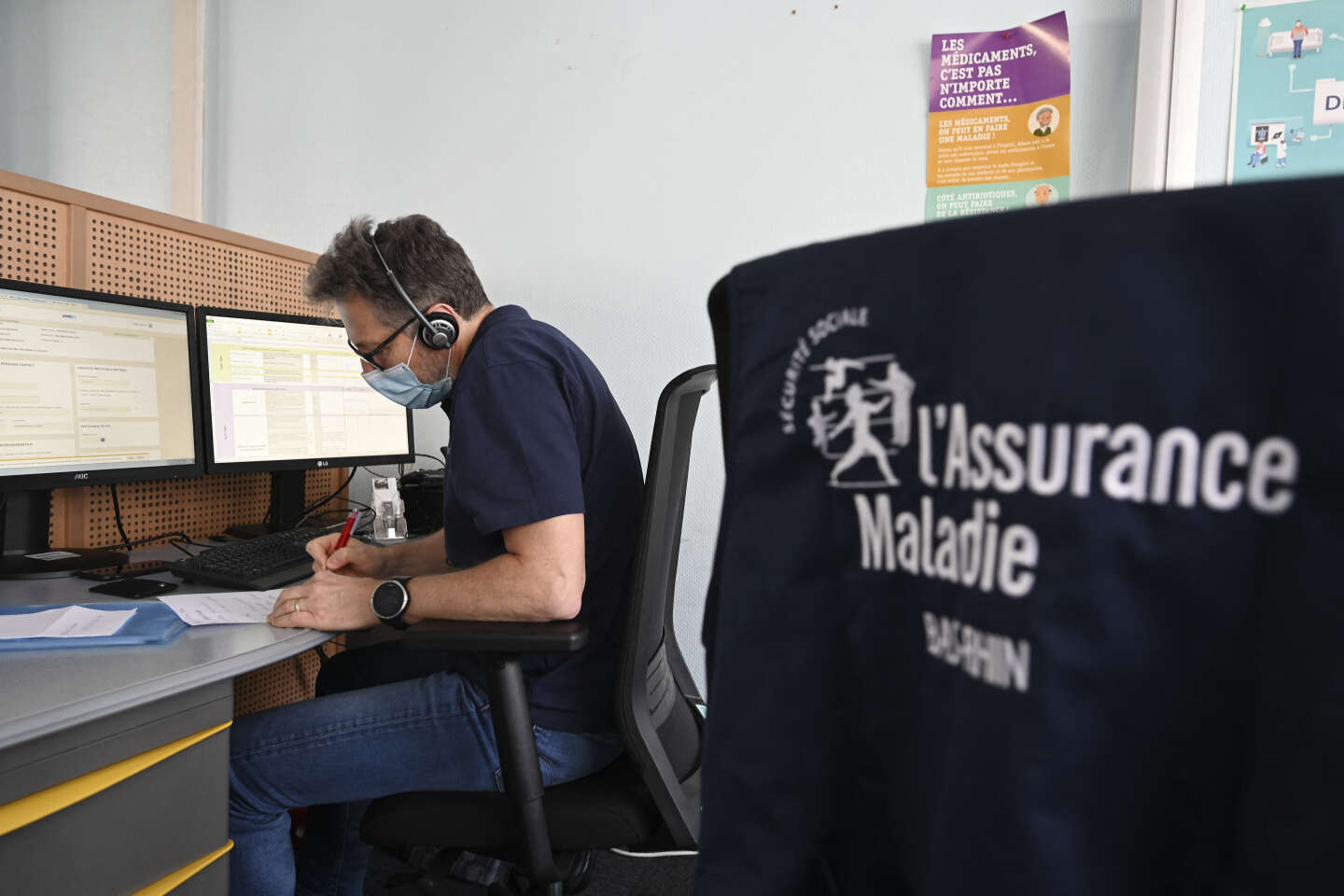
The health insurance company is finally showing its cards: the price for the basic consultation with the family doctor could be increased to 30 euros – compared to 26.50 euros since January 1stum November. The proposal, presented on Thursday February 8, during the third multilateral session of conventional negotiations with private doctors, was eagerly awaited by experts who have been denouncing the inadequate prices for months.
Specific increases have also been put on the table for each clinical and technical specialty, particularly in the areas where compensation is lowest, pediatrics, psychiatry, medical gynecology, etc. Measures “significant” and a “Massive investment”, the head of the National Health Insurance Fund (CNAM), Thomas Fâtome, defended the aim of strengthening the attractiveness of private medicine. However, the schedule for their implementation has not yet been determined.
Originally scheduled for January 25, this meeting on the key issue of compensation was postponed for the first time when the health issue no longer had a designated contact in the government. Although Catherine Vautrin was appointed to a sector combining work, health and solidarity, the appointment of a minister delegated to this sector still had to be formalized. This happened this Thursday evening with the appointment of Frederic Valletoux.
“Common, quantified and measurable goals”
While medical deserts As the situation continued to deteriorate, this discussion was reopened by the government in the autumn with the six unions representing liberal medicine, general practitioners and specialists. The protagonists hope that this will lead to a new convention in the spring that will determine the rules for the practice of the profession and the remuneration of professionals. A first attempt failed in February 2023 and stumbled over one “territorial commitment agreement” who wanted to influence these reassessments and provoked an outcry.
If this contract has actually been abandoned, this time the health insurance company will emphasize the compensation that it wants to demand from the doctors. They will be available with “collective, quantified and measurable goals”, argued Thomas Fâtome. And will focus on several areas: Improving access to care, particularly by strengthening the durability of care “first part of the night” ; the revision of flat-rate remuneration with the possibility for certain doctors to be paid entirely on a flat-rate basis rather than on a flat-rate fee basis; or the quality and relevance of care, at a time when the government claims to want to reduce drug use.
You still have 40% of this article left to read. The rest is reserved for subscribers.





